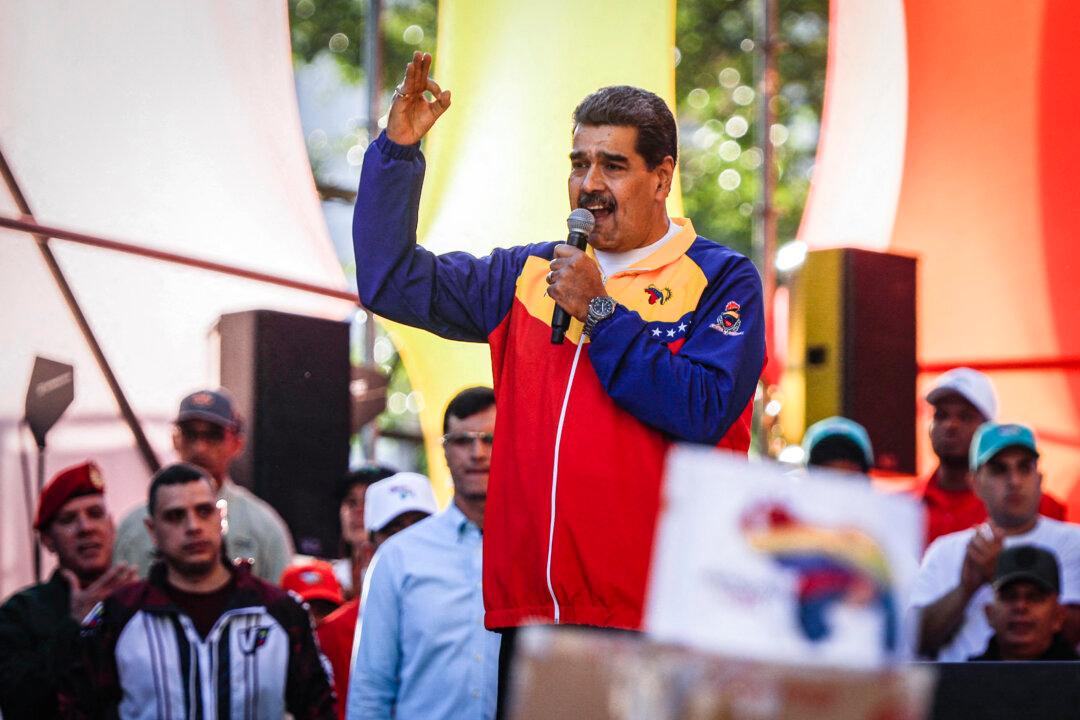A tug of war over the resource-rich Essequibo territory is on the horizon as Venezuela and Guyana increase the military presence at their shared border.
Essequibo is currently under Guyanese control, but both countries claim it as their own.

A tug of war over the resource-rich Essequibo territory is on the horizon as Venezuela and Guyana increase the military presence at their shared border.
Essequibo is currently under Guyanese control, but both countries claim it as their own.